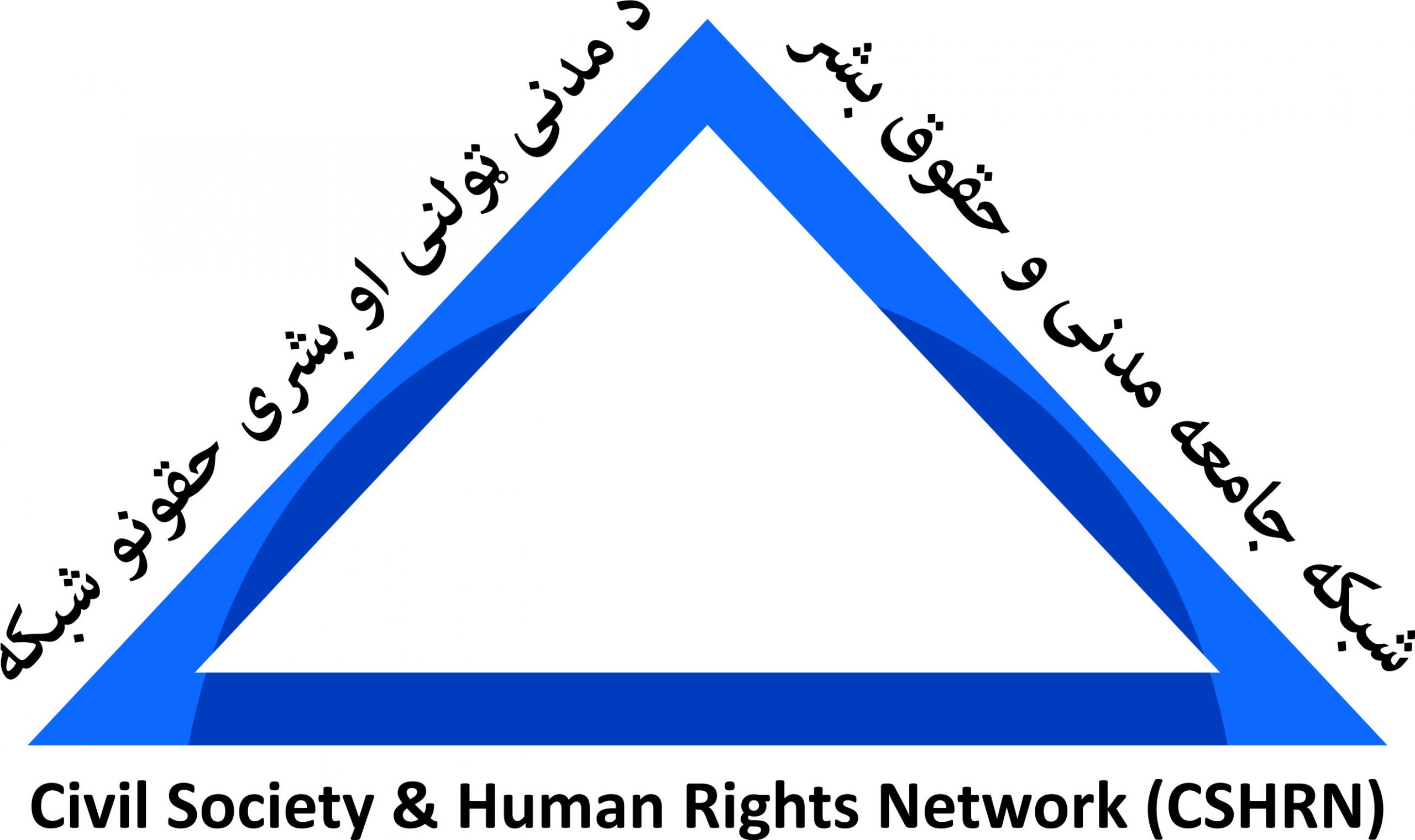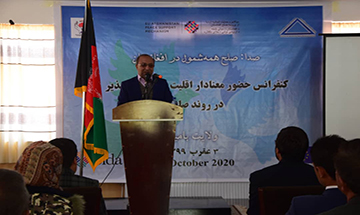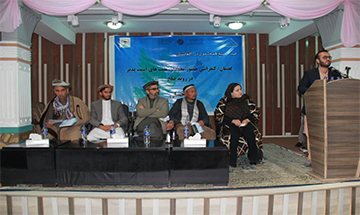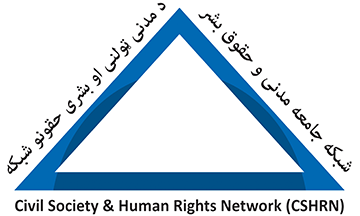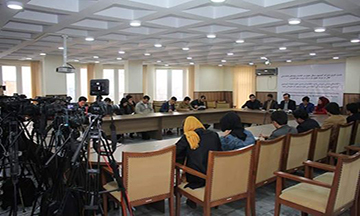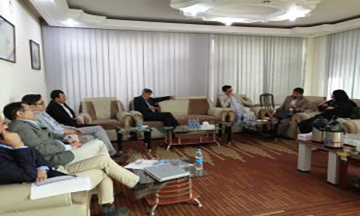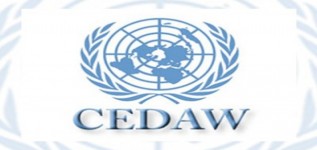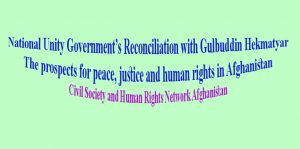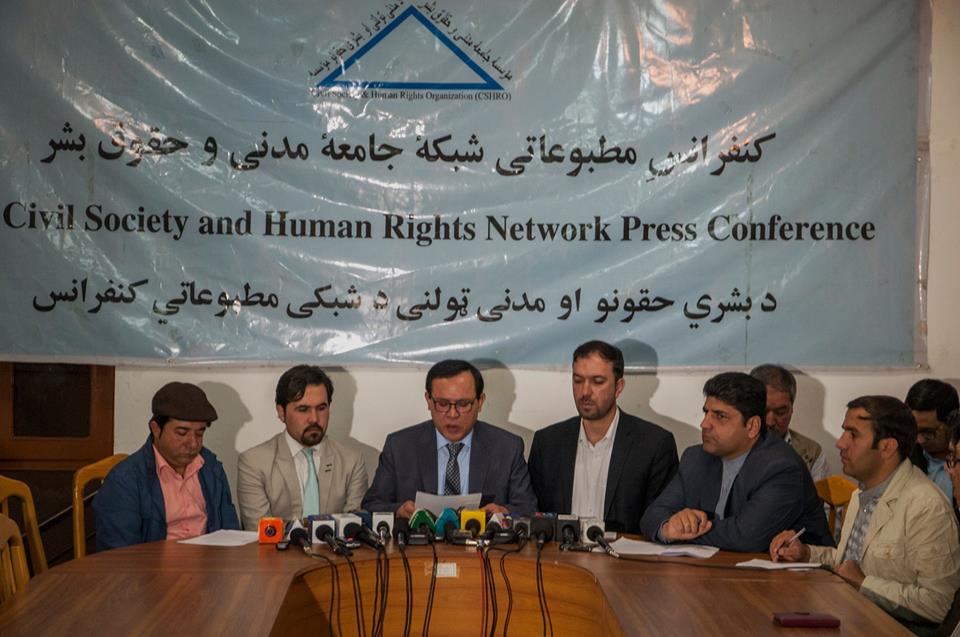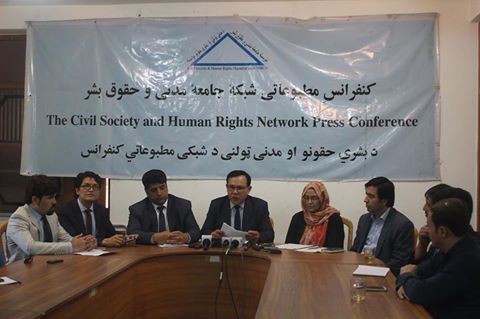Afghanistan: Joint call for an immediate end to attacks against human rights defenders and need for protection and accountability
The threats, harassment, intimidation and attacks against human rights defenders, activists, journalists and media workers in Afghanistan must end – the undersigned international human rights organizations said. From September 2020 until May 2021, a total of 17 human rights defenders have been killed, including nine journalists, based on information compiled by the Afghan Human Rights Defenders Committee (AHRDC). Nine of those killed were in the first five months of this year. During this period, over 200 human rights defenders and media representatives reported that they were receiving serious threats to the AHRDC and the Afghanistan Journalists Safety Committee. A report published by the United Nations Assistance Mission in Afghanistan (UNAMA) in February 2021, noted that 65 media practitioners and human rights defenders have been killed since 2018. In most of these cases, no perpetrators have been held to account. These attacks are aimed at silencing peaceful dissent and those working on human rights, especially women’s rights, as well as those seeking justice and accountability for human rights violations. The timing of escalating attacks against human rights defenders, activists and journalists appears to be linked to the ongoing peace process between the Government of Afghanistan, the United States, and the Taliban. It is vital to uphold and prioritize freedom of expression during this critical time in Afghanistan and for its future. The progress made on creating safe space for human rights defenders especially women human rights defenders and journalists is at stake with the United States and NATO forces’ full withdrawal announcement from Afghanistan by 11 September 2021. The attack targeting school children in Kabul on 8 May, is a devastating reminder of escalating violence against civilians, especially against women and girls. The international community, as stakeholders of the current political processes, including the United States, United Kingdom, European Union, and NATO member…
